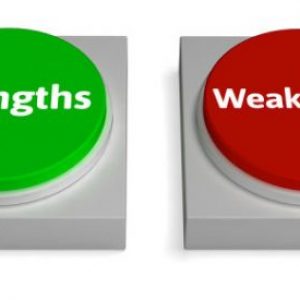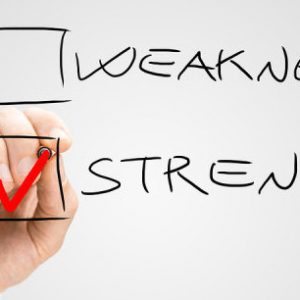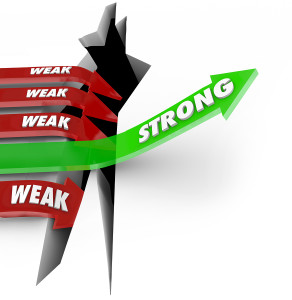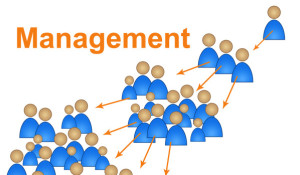
When Your Strengths at Work
Turn Into Weaknesses
I’ve been reading and blogging about how to develop your strengths at work, and as a manager, how we need to focus on developing the

I’ve been reading and blogging about how to develop your strengths at work, and as a manager, how we need to focus on developing the

Ask anyone who’s just had a performance review what they’re working on improving this quarter, and I’ll bet they’ll tell you precisely what deficits they

Most of us have a poor sense of our talents and strengths yet are acutely aware of our weaknesses and flaws. Why is that? I’ll

Knowing what are your strengths at work is key to good management. In my previous posts, I’ve been sharing with you the results of a

Organizations usually fail at selecting the right people with management talent. A report by Amy Adkins in the Gallup Business Journal (April 13, 2015) suggests

One of the most important decisions companies make is whom they name manager. Unfortunately, a new survey by the Gallup organization reveals that only one

Do you succumb to attentional blindness when making decisions? Leaders are prone to decision-making errors when they don’t notice information that’s readily available if only

As a leader, you’re responsible for decision making each day. But how confident are you in your ability to notice all pertinent information? If you’re

How can organizations improve their leadership decisions? What can smart leaders do to avoid making decision errors that lead to business and career bloopers? You

Last week I posted about avoiding faulty thinking in Chip and Dan Heath’s book Decisive: How to Make Better Choices in Life and Work (Random

Join Nancy as she talks with Meredith Hirsh, her client, on her podcast, Working Healthcare. Learn when to seek a therapist versus a coach and

Listening may be the most difficult skill to master when communicating effectively. But master it, we can! The non-verbal part of communicating is the most

How do you test your leadership insights? “Innovation is seeing what everybody has seen and thinking what nobody has thought.” ~ Dr. Albert, Szent-

An organization’s health is only as sound as its leader’s decisions. Some companies prosper from wise leadership directions, while others struggle after flawed choices—choices that







